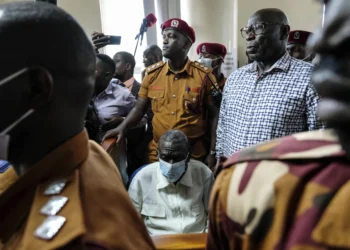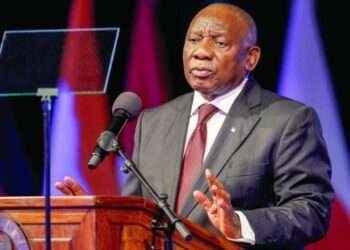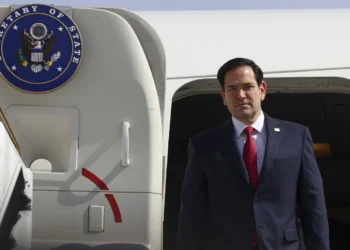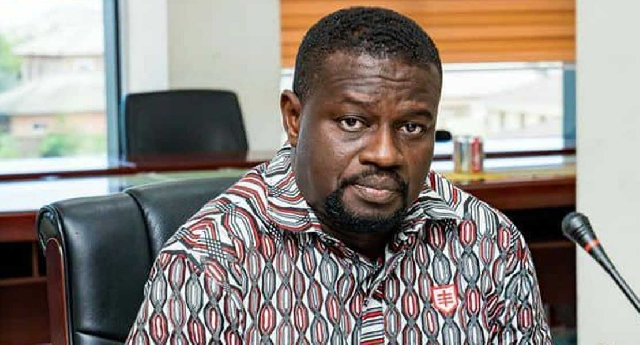Top United Nations officials have raised alarm over the escalating crisis in eastern Congo, warning that the offensive by Rwanda-backed M23 rebels threatens to ignite a broader regional conflict.
The UN Security Council convened an emergency meeting following rapid territorial gains by the rebel group, which has taken control of key cities in the mineral-rich region.“It is imperative that this council takes urgent and decisive steps to avert a wider regional war,” said Bintou Keita, the UN special envoy for Congo.
Huang Xia, the UN special envoy for Africa’s Great Lakes region, echoed this concern, stating that “the risk of a regional conflagration is more real today than ever before.” The Great Lakes region includes Congo, Burundi, Rwanda, and Uganda, making stability in Congo crucial for regional peace.
France’s UN Ambassador Nicolas De Riviere called on the Security Council to adopt a resolution reinforcing support for Congo’s sovereignty, urging an end to the M23 offensive and the withdrawal of Rwandan troops. “The risk of a regional war is increasing each day,” De Riviere cautioned.
The M23, the most prominent of over 100 armed groups operating in eastern Congo, is believed to be supported by around 4,000 troops from neighboring Rwanda, according to UN experts. The rebel group has long sought to expand its influence, and some of its factions have even vowed to march toward Kinshasa, Congo’s capital, over 1,000 miles away.
Eastern Congo’s Strategic Importance
Eastern Congo is a hotspot for conflict due to its vast reserves of gold and coltan, a crucial mineral used in consumer electronics such as laptops and smartphones. In a swift three-week offensive, the M23 captured Goma, the region’s largest city, and on Sunday, seized Bukavu, Congo’s second-largest city.
Keita, who also heads the UN peacekeeping mission in Congo, reported that the M23 has since advanced further, capturing Kamanyola, a strategic town at the intersection of the borders of Congo, Rwanda, and Burundi.
Congo’s Foreign Minister Thérèse Kayikwamba Wagner urged the Security Council to take immediate action. “These forces have trampled on international law, brought death and devastation, and violated our sovereignty,” she stated.
In response, Rwanda’s UN Ambassador Ernest Rwamucyo dismissed accusations against his country, insisting that “African leadership must drive the resolution of this conflict.” He also criticized Congo’s president for seeking Western sanctions against Rwanda.
Ambassador James Kariuki, the UK’s Deputy Permanent Representative to the UN, also expressed deep concern over the crisis, condemning both the M23’s advance and Rwanda’s involvement.
“First, we express our deep concern at the continued advance into DRC of the M23 and Rwandan Defence Forces. This is an unacceptable violation of DRC’s sovereignty and territorial integrity and a breach of the UN Charter.”
James Kariuki
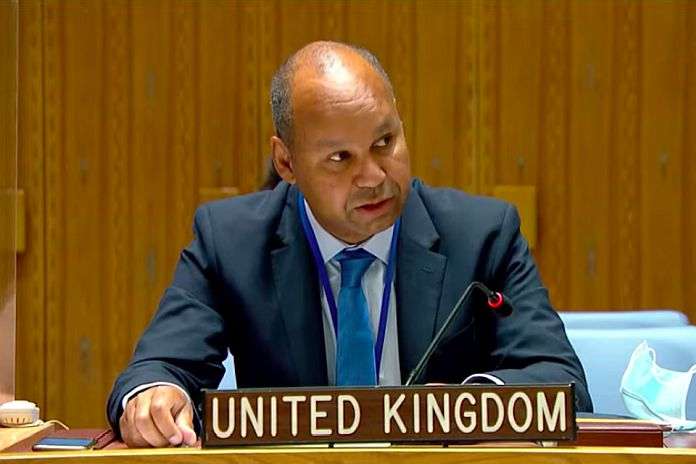
Kariuki emphasized that “the occupation of Bukavu is a serious escalation which heightens the risk of a wider regional conflict.” He reiterated that Rwanda must withdraw its troops and that peace efforts must be African-led.
The UN Human Rights Council has launched an investigation into allegations of atrocities committed by both sides, including mass rapes and extrajudicial killings. The UK is considering additional measures, including a review of its support to Rwanda.
“We have seen harrowing reports, including of 165 women raped and many burned alive at Goma Muzenze Prison earlier this month,” Kariuki stated, stressing the need for urgent humanitarian access.
Uncertainty Over the Rebels’ Agenda
UN officials remain uncertain about the broader objectives of the M23 and their backers. Huang Xia warned that the conflict must be contained before it spirals into a full-scale regional war, which could undermine a decade’s worth of stabilization efforts in Central Africa.
“This situation must stop before we see the triggering of a widespread regional war, the consequences of which would be devastating,” Xia warned.
With mounting international pressure and growing instability, events would be closely monitored to see how the UN and regional leaders will navigate one of Africa’s most volatile conflicts.
READ ALSO: Selective Amnesia Perpetuating a Culture of Political Retaliation


